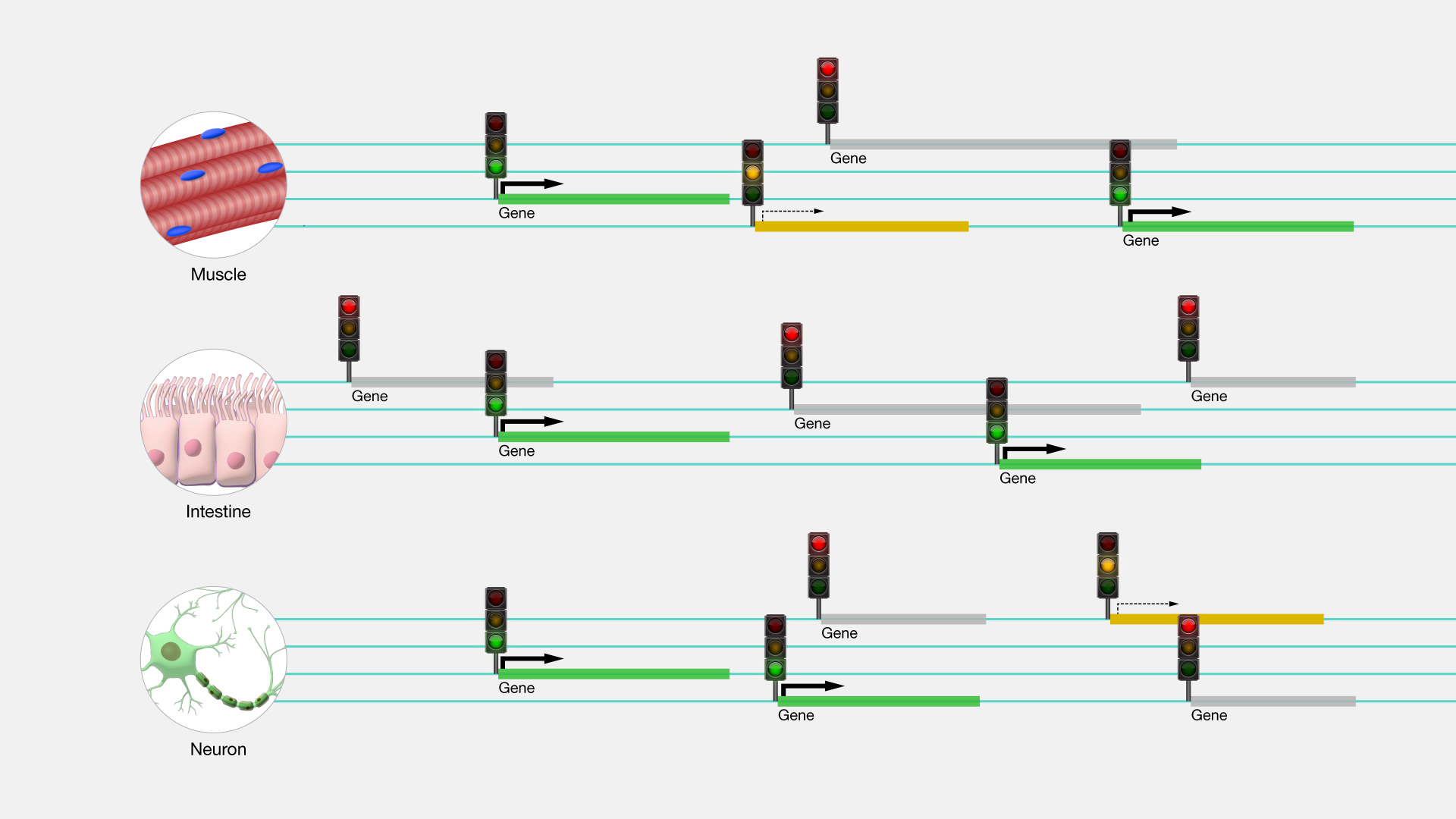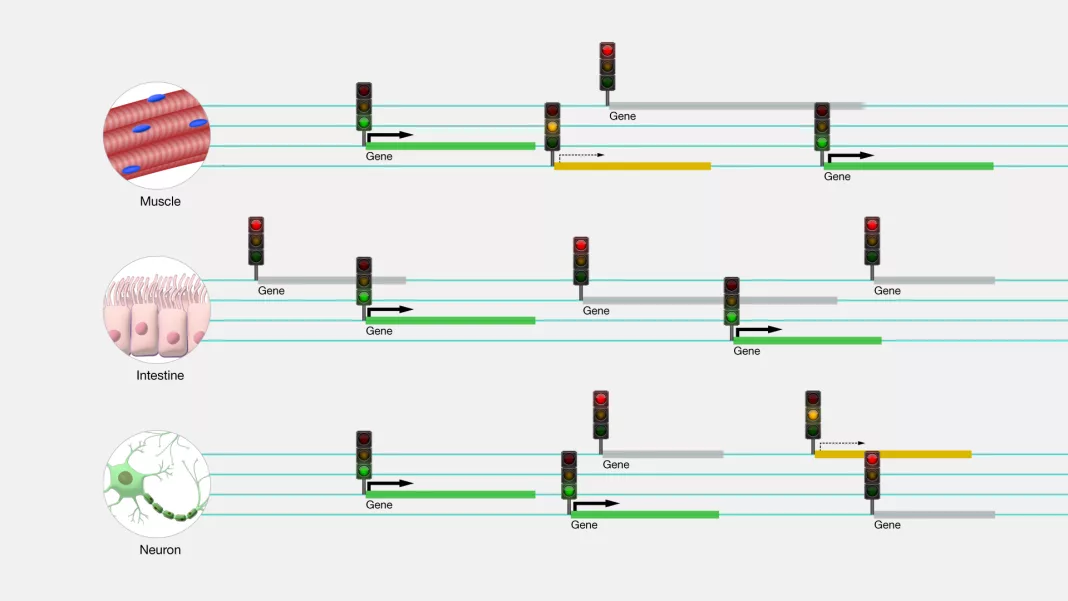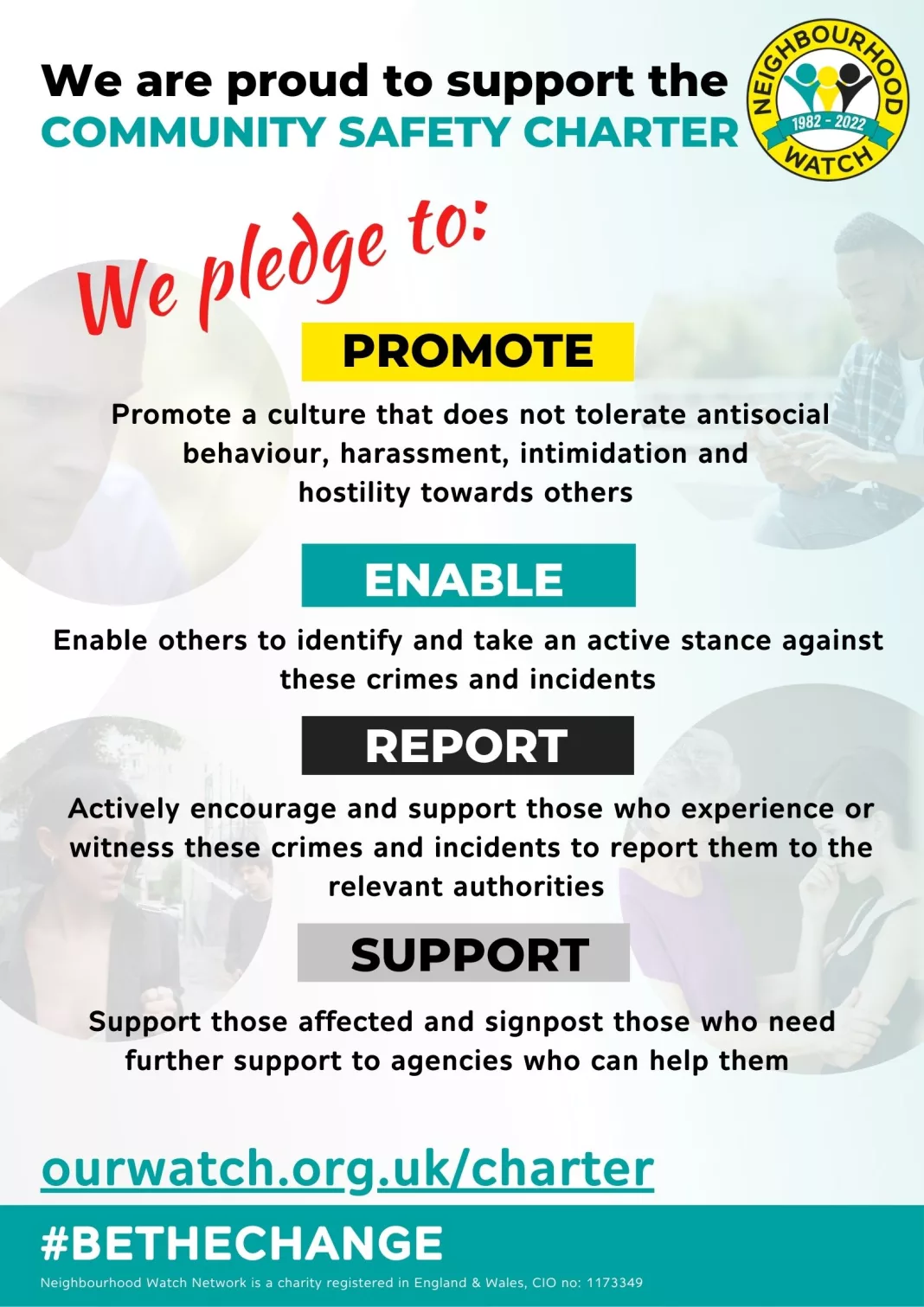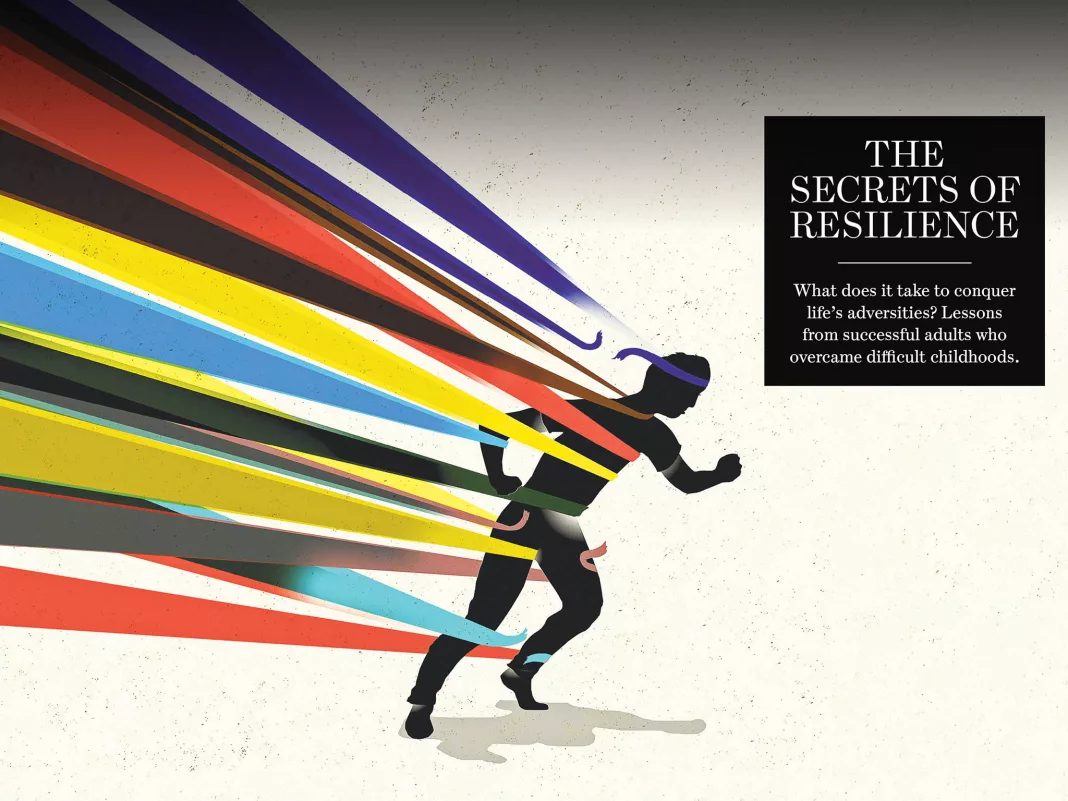 A Battle of Speech: ‘Billboard Chris’ and X Fight Against Order to Remove Critical Post on Trans Activist
A Battle of Speech: ‘Billboard Chris’ and X Fight Against Order to Remove Critical Post on Trans Activist
In the ever-evolving landscape of online free speech, a new clash has emerged between Elon Musk’s X Corp. and Australia’s internet regulator, eSafety Commissioner Julie Inman Grant. This battle revolves around a critical post made by Canadian activist Chris Elston, popularly known as “Billboard Chris,” on X’s platform. The post in question took aim at the World Health Organisation’s (WHO) decision to appoint trans activist Teddy Cook to an expert panel drafting guidelines for the care of trans and non-binary individuals.
Elston’s post, which garnered significant attention due to his substantial follower base of over 400,000, included a screenshot of a Daily Mail article discussing Cook’s appointment. However, Elston misgendered Cook in his remarks and made allegedly disparaging comments. These actions prompted the eSafety commissioner to intervene and order X to block the post.
The case has now reached the Australian Administrative Appeals Tribunal (AAT), which will determine whether the eSafety commissioner was justified in her actions. This legal battle highlights the growing tension between freedom of speech and the regulation of online content.
Elon Musk’s X Corp. is not taking this order lightly. The company has been served with a demand to remove the post within 24 hours or face a hefty fine of up to $782,500. In response, X complied with the order but chose to geo-block the post for internet users with Australian IP addresses. As a result, the post remains accessible to individuals outside of Australia and those within the country who use a VPN.
Chris Elston himself has chosen not to remove the post, standing firm in his belief that his comments were technically accurate. Elston, who travels the world campaigning against what he calls “gender ideology,” questions the authority of unelected bureaucrats to determine what constitutes acceptable speech. In his view, unless speech incites violence, criticism of public officials should not be grounds for censorship.
The eSafety commissioner’s office has yet to respond to inquiries regarding the case. However, it is worth noting that Teddy Cook, the subject of Elston’s critical post, may or may not have personally lodged the complaint against him. Cook, who identifies as a female-to-male trans activist, holds a position on the WHO expert panel and has also been drafted by the eSafety commissioner to advise on online safety resources for the LGBTIQ+ community.
As this legal battle unfolds, it raises important questions about the limits of free speech in the digital age. Should unelected regulators have the power to dictate what is acceptable speech? Where is the line drawn between criticism and cyber-abuse? These are complex issues that require careful consideration to strike a balance between safeguarding individuals and preserving the fundamental right to express opinions.
Both X Corp. and Chris Elston are taking their grievances to court. X is pursuing legal action against the eSafety commissioner in the Federal Court of Australia, while Elston, represented by the Free Speech Union of Australia, is appealing the decision in the Administrative Appeals Tribunal.
The outcome of this case will undoubtedly have significant implications for the future of online speech regulation in Australia. As technology continues to shape our lives and societies, finding a harmonious balance between freedom of expression and responsible content moderation remains an ongoing challenge.


